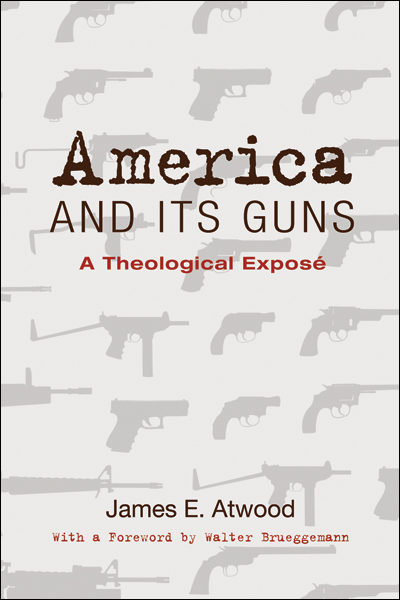
The number of people in the U.S. living below the poverty line in 2011 was 46.2 million, the highest in the more than 50 years that records have been kept.[i] (1961 is a few years before Lyndon Johnson’s “War on Poverty,” and about seven years before the Southern Christian Leadership Conference organized the “Poor People’s Campaign” that would take Martin Luther King, Jr. to Memphis.) Why then is so little attention being paid to poverty and poverty-related issues in the current presidential campaign?…

Jesus is our model for ethical, powerful speech. As we immerse ourselves in the Jesus community, and recognize that much of what passes for legitimate, “free speech” in our culture, is actually not coming out of community at all, but coming out of a place of isolation and alienation. Or, perhaps, coming out of an anti-Kingdom community, a community being formed by values opposed to the kingdom that Jesus proclaimed.
With this sort of starting point, we take an altogether different approach: our task, short of the full in-breaking of the Kingdom of God, can never be any partisan agenda. This is because anything short of the full consummation of the Kingdom of God will necessarily still be tainted, or worse, corrupted, by sin. All political activism then—in the sense of being active in talking to the contemporary powers-that-be in western culture—is always and necessarily ad hoc, never utopian, and never idealistic. We deal with each concrete question and issue as it arises, and seek to bear faithful witness as best we are able.
A critical issue left unaddressed in Bass’s response to Douthat is the state of power relations within mainline Protestant denominations. In her well-intentioned attempt to counteract the corrosive and controlling ‘narrative of decline’ that plagues mainline Protestant communities, she inadvertently diverts attention away from the reality that the majority of their leadership positions and financial resources are firmly in the control of the Baby Boomer generation….
The conservatives did what they had to do to win. They ran out the clock, wore people down, kept their troops in line, and ultimately prevailed thereby. Not letting the Assembly debate the issue of the Authoritative Interpretation, however, is going to be a costly mistake. My sense is that commissioners thought that this is something like the ordination question that we debated for so many years. People could get only so far in one Assembly on that issue, but would reach an impasse, whereupon folks would realize that it would just have to wait until the next Assembly to get to the next step. But marriage is very different from ordination. Councils of the church perform ordinations, so you have to get a group of people to agree to move forward. Marriages, however, are performed by individual pastors. And the emotion surrounding a marriage is way higher than any ordination.
When the Committee on Middle East Peace finally made its motion to divest–you guessed it– a substitute motion was made, not divest but rather to invest in the Occupied West Bank. This was a masterstroke of polity, but a completely ridiculous proposal of policy. Presbyterians suffer from congenital niceness, which is the main reason that it had taken us eight years even to get to the point where we could make the least confrontational action possible on the issue, selling our own stocks and bonds.

As the golden calf gave the ancients a false sense of security, many twenty-first century Americans look for security in weapons. When our leaders are absent or fail us; when our God is invisible and from all appearances is absent from our lives; when we don’t know how we can keep going; when we are consumed by our fears and feel threatened by those who are not like us, those are the moments when new idols are imagined and fashioned and desperate people give them their ultimate concerns, devotion, and focused attention.
Although often lost in a generic celebration of the giving of the Spirit, this text is one that is filled with questions of ethnicity, language, and diversity. It speaks to the American debate of whether this nation can or should be a melting pot that blends and ignores culture and ethnicity or a mosaic and celebration of the diversity that exists in our midst. But first, some background:
A couple of weeks ago, I was invited by an American Jewish organization to go later this month on a trip to Israel/Palestine to discuss the situation between the two groups. Two weeks later, my erstwhile hosts retracted that offer.